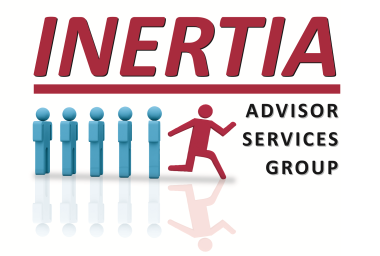Paying vs Planning: The Core Myth of Self-Funding Long-Term Care
No matter how much the advisory community wishes it not to be so, Long-Term Care (LTC) is a planning topic that must be addressed, as LTC encompasses a range of Medicare-excluded services for those unable to perform activities of daily living due to chronic illness, disability, or cognitive impairment. So, in 2030, when "The Silver Tsunami" arrives and 1 in 5 Americans is over age 65 (including every baby boomer), paying for LTC will be a reality for millions of consumers.
The danger here is how the majority of the advisory community has bought into the belief that planning and paying for LTC are synonymous when nothing could be further from the truth. Perhaps now is the time for you and your clients to recognize the myth of self-funding masquerading as Long-Term Care Planning.
Understanding Self-Funding
In the context of LTC, self-funding refers to using personal finances, savings, investments, or assets to cover the expenses associated with the need for care. The "strategy" relies on the ability to pay for LTC services out of pocket and the belief that it offers greater flexibility and independence in choosing care options and providers rather than relying on insurance or government assistance programs. Unfortunately, that's a narrow-minded point of view that ignores the limitations of self-funding, usually by those who cannot or will not see beyond their limited advisory capacity. While self-funding may be the default to cover LTC costs, it's crucial to acknowledge its limitations:
- Financial Risk: LTC can be very expensive, and paying for it can quickly deplete savings or retirement funds due to the unpredictability of need, duration, or setting for care. The unknown variables create financial uncertainty, potentially leaving individuals and their families financially vulnerable.
- Failure to Account for Inflation: Healthcare costs tend to rise faster than the typical inflation rate, and LTC costs are rising even faster. The typical self-funding approach rarely accounts for these increasing expenses, making it challenging to sustain paying for care over the long run.
- Potential Impact on Family & Loved Ones: Depleting personal funds for LTC can directly impact family and loved ones, as they may become the default caregivers of last resort. When that occurs, their financial security, careers, and lifestyle become the unintended consequence of a lack of proactive planning.
Self-Funding In The Context of Comprehensive LTC Planning
To ensure clients can cover potential LTC needs, advisors should encourage various tools and best practices to facilitate self-funding as part of comprehensive LTC planning:
- Tax, estate & elder law planning are the backbone of aging and LTC, so your clients maintain choice and control with appropriate legal and tax planning. The drafting and execution of wills, trusts, powers of attorney, etc., will protect assets, ensure proper management of finances in case of incapacitation, and minimize probate upon death.....With the CPA or tax professional guiding clients on how their planning can maximize the tax code. Furthermore, there will be an understanding of how and when access to government programs like Medicaid might supplement self-funding and the eligibility criteria that must be met should savings be depleted…..So, advanced planning is essential.
- Insurance solutions for LTC Planning can augment self-funding or allow clients to "self-insure" a certain level of risk. Insurance can mitigate financial risks by providing coverage for various LTC services or benefit durations – even lifetime benefits to provide virtually unlimited risk protection. Risk mitigation can be further enhanced by maintaining a healthy lifestyle and engaging in preventive healthcare practices, potentially reducing the need for LTC and lowering the cost of an insurance option.
It's critical to recognize the limitations of self-funding and the necessity for a comprehensive approach to LTC Planning. By combining legal, tax, and financial strategies, insurance, and proactive health measures, self-funding can be part of a more robust plan to address the potential costs and complexities associated with LTC needs. Ultimately, LTC Planning will ensure greater financial security and peace of mind in navigating the uncertainties of aging and healthcare.

